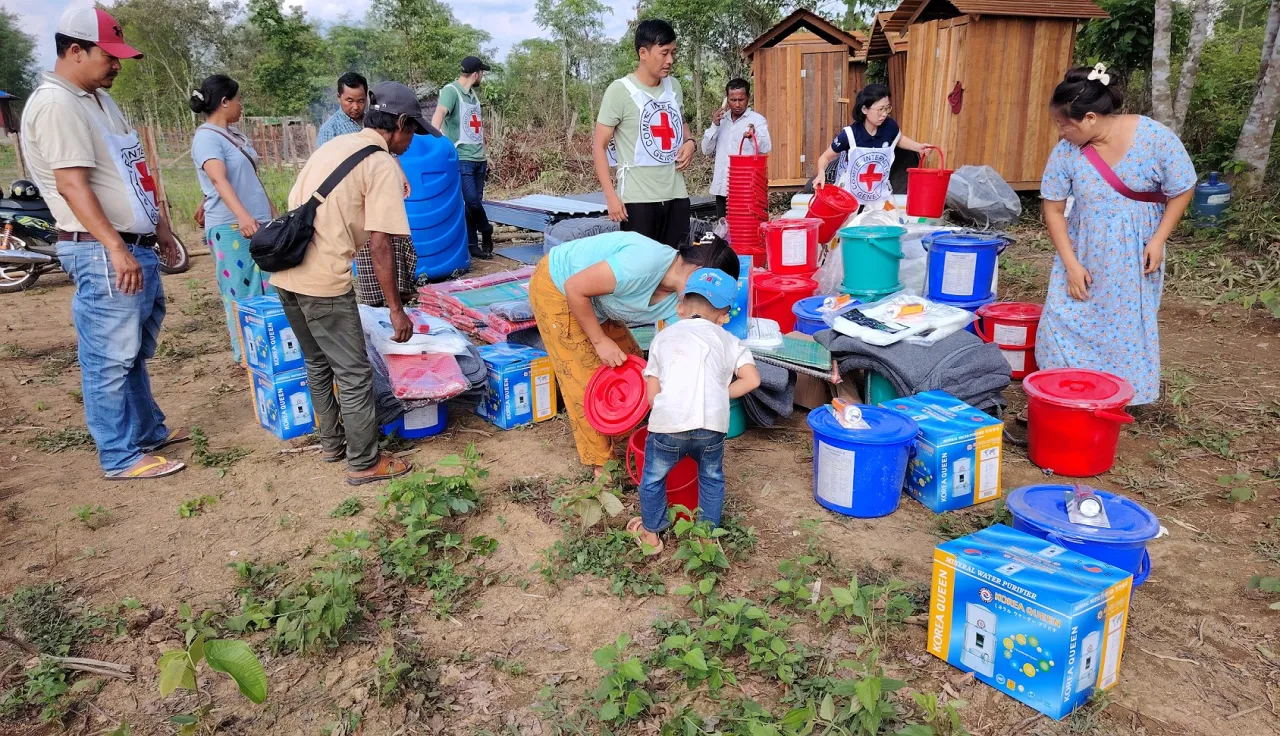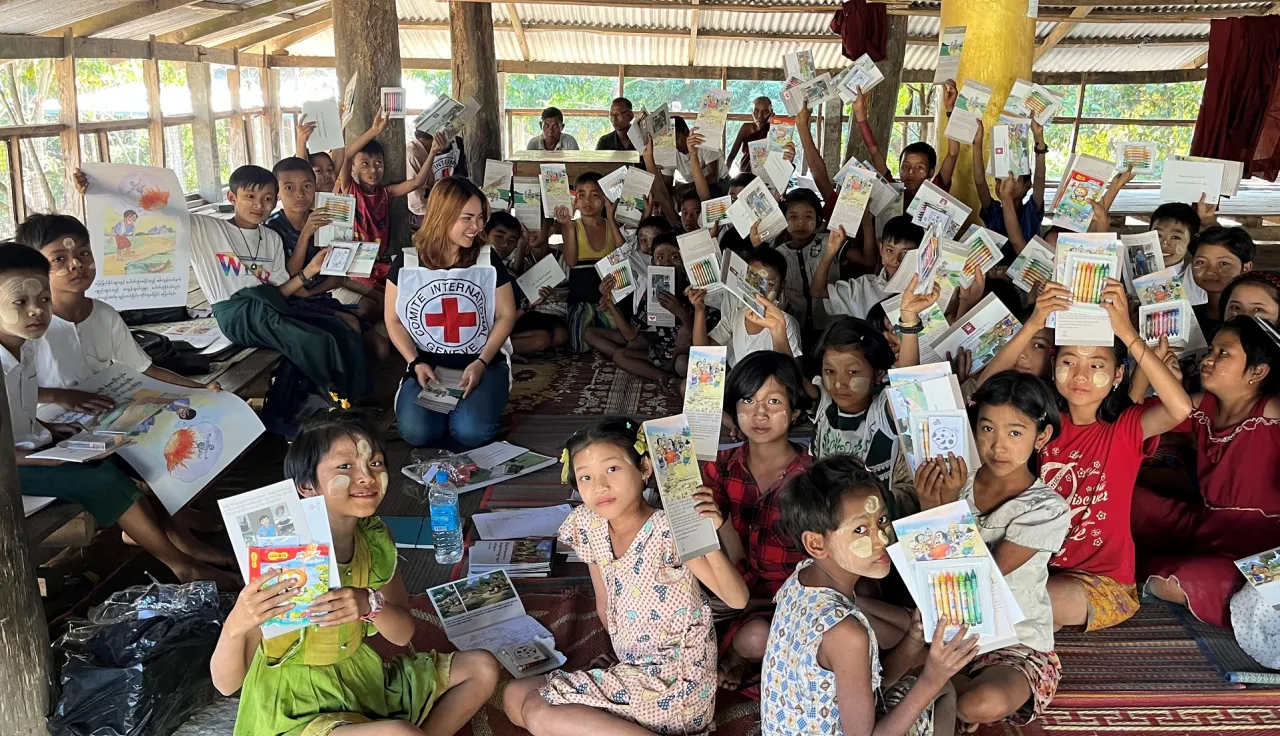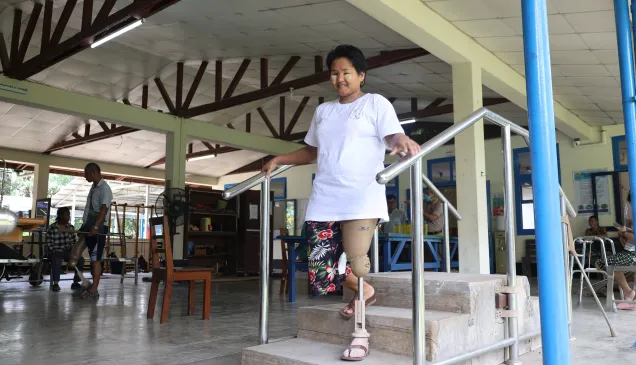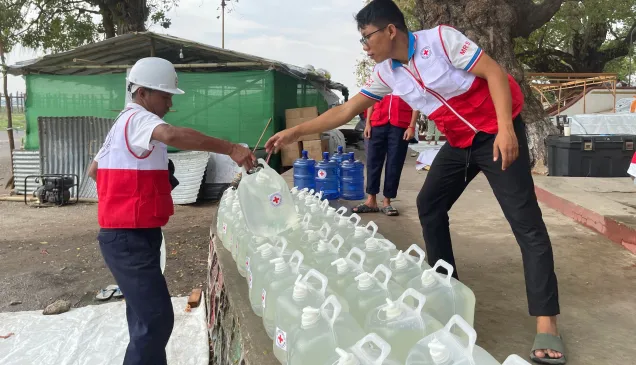
In the first six months of 2024, the situation in Myanmar remains deeply alarming.
The surge in intensified armed clashes in both rural and urban areas has led to further deterioration of the humanitarian crisis, resulting in a lack of access to life-saving health-care services, widespread destruction of infrastructure, impediments to the affected population's ability to relocate to safer areas and significant economic burdens. Increased security risks and restrictions on access to reach affected communities has also created steeper challenges for humanitarian responders.
Nevertheless, the International Committee of the Red Cross (ICRC) continued to explore different approaches to ensure that the essential needs of those worst-affected by conflict are adequately met, all the while safeguarding the security of our staff members.
Despite the challenges and constraints, ICRC teams remain committed to reaching and supporting the most vulnerable communities, particularly in Shan, Kachin, Rakhine, central Myanmar and conflict-affected areas in Chin, Kayah and Kayin States.
The ICRC urges all parties to the conflict to ensure the protection of civilians in accordance with internationally recognized laws and standards, as well as the safety of humanitarian actors, in order to facilitate the unimpeded and effective delivery of humanitarian aid to affected communities.
For more details, access the full document below.




